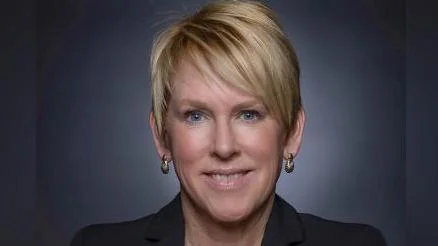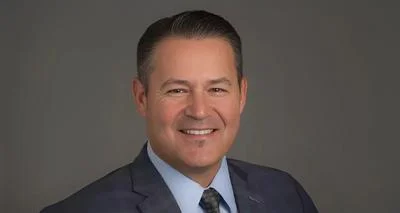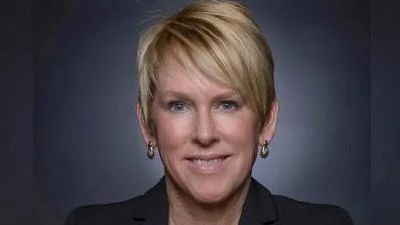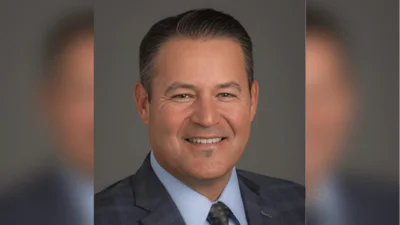Katherine P. Frank Chancellor | Official website
Katherine P. Frank Chancellor | Official website
Cross-disciplinary students in the Impacts of Engineering course at UW-Stout this spring investigated ways to improve the quality of life for people in the remote forests of eastern Cambodia. Through the Engineers Without Borders' Design for People Challenge, they worked in teams to engineer solutions for the Bunong people in the rural village of Pu Ngaol.
Twenty teams of 86 engineering and several other majors, as well as area high school students, presented their ideas and prototypes at UW-Stout’s Research Day on May 6. The day highlighted the works of nearly 300 faculty, undergraduate and graduate students, who shared their research through posters and prototypes, exhibits, art and design displays, and oral and panel presentations.
After researching the Bunong people, their culture and low financial means, and taking into consideration the landscape and weather, as well as machinery and materials available in the region, the teams built prototypes. They presented ways to create accessible roadways and transportation solutions; renewable energy sources such as wind and solar power; reliable food supplies; filtration design for clean drinking water; efficient built environments including ventilation; safe waste management; and ways to advance information technology.
UW-Stout’s Robert F. Cervenka School of Engineering is dedicated to enhancing the learning experiences of its more than 1,000 students to help produce the next generation of engineers. It offers five undergraduate programs – computer and electrical engineering, engineering technology, manufacturing engineering, mechanical engineering, and plastics engineering – along with a master's program in manufacturing engineering available both on campus and online.
“The Impacts of Engineering course introduces students to the engineering design process from initiation to completion while broadening their awareness of the social, environmental, and economic implications of engineering,” said Senior Lecturer Brenda Puck.
The course is part of Stout Core foundational general education classes where students gain global perspective and ethical reasoning to understand social responsibility so they graduate ready to contribute effectively from day one.
Two teams present at U.S. Grand Finals
The international Design for People Challenge brings together more than 12,000 engineering students from 46 universities in the U.S., United Kingdom, and Ireland. This year’s challenge was organized by Engineers Without Borders Australia which has worked with communities in Cambodia since 2005. Designs considered sustainability, community livelihoods, natural preservation among other factors.
Two UW-Stout teams presented their research virtually to an expert panel during the U.S. Grand Finals held from May 30 to June 1:
Power to the Poor: Trevor Kappel (computer & electrical engineering), Brett Palubicki (construction management), William Gruber (recent Durand High School graduate), Lucas Traun (recent Durand High School graduate).
Design Solution for Transportation: Kaleb Kazmarek (supply chain management), Carly Kauffman (graphic design & interactive media), Rose Wille (supply chain management & business administration), Frankie Genereaux (mechanical engineering).
“We chose to use this design challenge because it provides robust exposure to key components of our polytechnic mission,” Puck said.
Projects may be picked up by companies or organizations becoming real solutions for communities.
Harnessing wind energy
With a major goal being increased renewable energy production by Cambodia's government Kappel's team aimed at harnessing wind energy addressing reliable power sources needed for cooking within rural communities like Pu Ngaol where only half have access due high connection costs according Global Wind Atlas research leading them choose wind turbines generating power stored used later powering stoves up two hours daily opting stainless steel housing ensuring longer lifespan given monsoon season conditions according Traun stating “biggest inspiration seeing potential transforming communities.”
Transportation solution improving road accessibility
Kazmarek's team proposed creating rake roller attachment compatible motorized rice plows improving travel transport road conditions especially during monsoon seasons based on compatibility material cost accessibility system attachments weight considering different machines ultimately determining rice plows best option enhancing daily life residents said testament addressing real-world challenges promising improvements according presentation noting previous university chapter projects helping install clean water systems villages like Naranjal Ecuador planning begin second phase summer.





 Alerts Sign-up
Alerts Sign-up